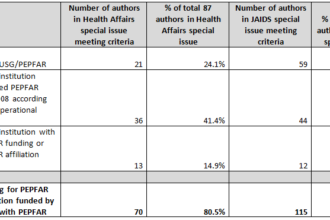Looking for a way to send ObamaCare foes into a tizzy? Try suggesting emulating the French system. In any way. And yet if we believe in the notion of learning from best practices in health care –as both Romney and Obama seemed to be pointing to in their idolization of the Cleveland Clinic– shouldn’t we be open minded?
Looking for a way to send ObamaCare foes into a tizzy? Try suggesting emulating the French system. In any way. And yet if we believe in the notion of learning from best practices in health care –as both Romney and Obama seemed to be pointing to in their idolization of the Cleveland Clinic– shouldn’t we be open minded?
A recent Health Affairs article (In Amenable Mortality –Deaths Avoidable Through Health Care– Progress in the US Lags That of Three European Countries) showed the US doing poorly compared to France, the UK and Germany in keeping people alive with conditions such as hypertension and cerebrovascular disease. We spend twice as much per capita yet those countries are progressing much faster. Those who continue to boast about America having the best health care system in the world might want to reconsider the evidence upon which their claim rests. Don’t get me wrong. I have confidence that the care I have access to in Boston is as good or better than anywhere in the world, and it’s nice for patients that costs aren’t a primary concern. But as a whole we spend more and get less than we should.
The Wall Street Journal (France Seeks New Ways to Manage Alzheimer’s Care) has an extensive report on how France is confronting the growth of Alzheimer’s. Alzheimer’s is a progressive, terminal illness.No cure is coming any time soon. So the French have done something smart, which is to address the issue holistically, with medical care as one important part of the solution. On the medical side, physicians are being made more aware of the needs of Alzheimer’s patients and there is an emphasis on avoiding unneeded, aggressive medical interventions. Other components include integrating Alzheimer’s care into broader social services and offering respite care, which gives families a break from caring for Alzheimer’s patients at home –something that can be exhausting and stressful.
These approaches are used in the US, too, but on a much more limited basis. Shouldn’t we have the courage to look for best practices wherever we find them, especially if it means lower costs and higher quality?








